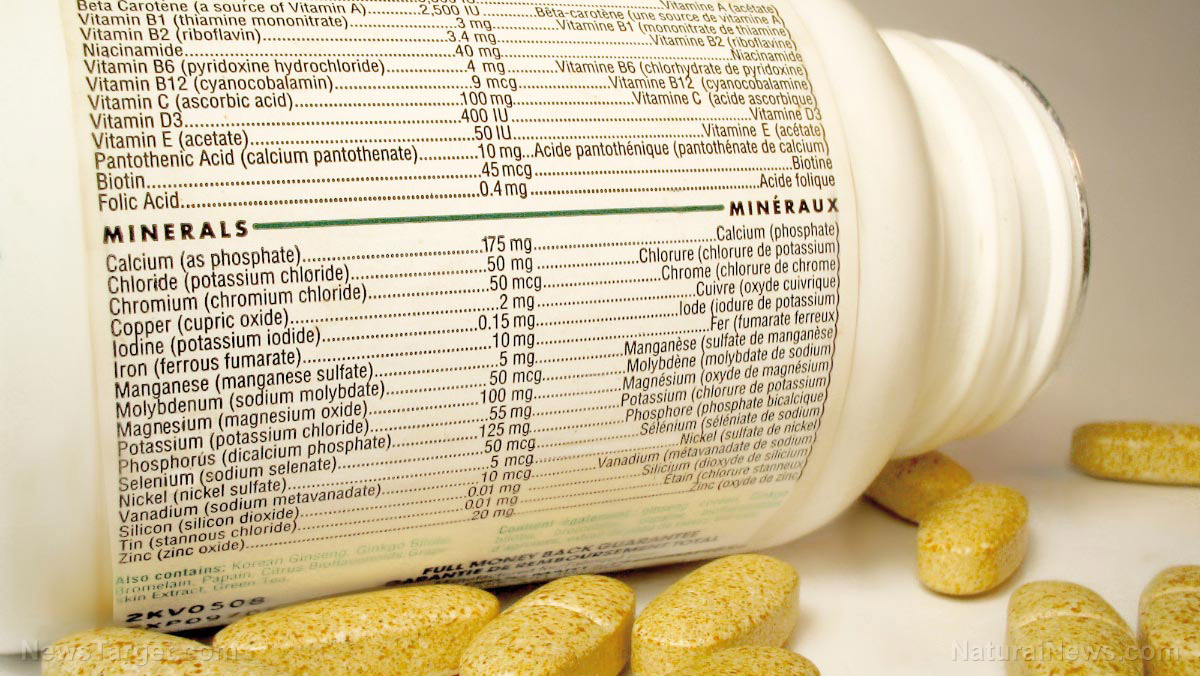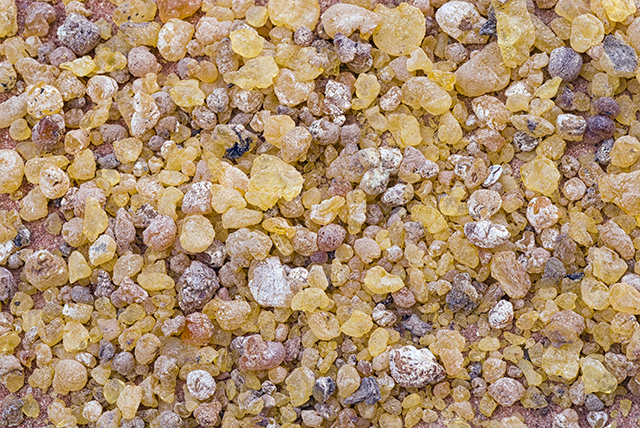What you eat can prevent, manage, or treat cancer and diabetes
09/28/2018 / By Ralph Flores

Researchers from Northwestern Polytechnical University in China and the University of Agriculture Faisalabad in Pakistan discovered that a diet’s composition affects the gut microbiota. In particular, certain diets can modulate it, which, in turn, can lead to either beneficial or adverse outcomes in a person’s health. The findings of the study, which was published in Food Science and Human Wellness, came from a comprehensive analysis of previous reports that have linked certain diets and gut microbiota.
Gut microbiota – those microorganisms that hang around a person’s gastrointestinal (GI) tract – is an indicator of how we interact with the world. In an article published in Biochemical Journal, it is described as “one of the largest interfaces between the host, environmental factors, and antigens in the human body” – and for good reason: On average, at least 60 metric tons of food pass by the GI tract in a person’s lifetime, which is composed of both harmful and beneficial microbes.
There are a lot of factors that affect the composition of gut microbiota, with most studies pointing out to diet as one of the leading factors. However, more recent studies have started to look at the correlation between food and gut microbiota as it affects the overall health of the host, and some findings report microbial communities to be vital in the development of a person.
“A disturbance in the interaction between nutrition, metabolism, and microbiome may constitute an important factor in the deregulation of normal host homeostasis,” the authors wrote. “Such disturbances in the structure and function of microbiota have been found to be related to the development of various diseases.”
For this study, they looked at how specific diets impact the gut microbiota. In essence, a basic human diet is composed of protein, fat, and carbohydrates, collectively called macronutrients. A certain diet, therefore, adjusts the ratio of these macronutrients in order to address a certain need. In particular, a diet that is high in protein produces amino acids, ammonia, and short fatty acids after proteolytic bacteria in the gut process it. However, high concentrations of ammonia are positively linked to the development of malignant growths.
The authors also looked at the impact of certain forms of fiber in the gut. Cellulose, for example, is not completely degraded in the GI tract; instead, it undergoes bacterial fermentation – along with other complex carbohydrates – which stimulates the growth of beneficial microbes such as bifidobacteria and lactobacilli.
The effects of certain dietary components were also noted in the study, particularly on how it influences the gut microbiota and the host’s overall health.
- A diet that has fewer vegetables and fruits reduced the gut microbiome. This increased the host’s likelihood of inflammation, as well as his triglyceride level, insulin resistance, and low-density lipoproteins cholesterol.
- A high-protein diet caused a Bacteroides associated enterotype and decreased Firmicutes, with the host experiencing a loss in weight.
- Reducing the food intake decreased overall microbial diversity which had poor health outcomes.
Modern Western diets, which have less fiber and vegetables, may have adverse effects on gut microbiota as some microbial species are lost. Conversely, those who have a high-fiber, low-fat diet adds more beneficial microbes to the gut and contains a smaller amount of pathogenic bacteria.
The Mediterranean diet, which contains fruits, grains, monounsaturated fat, vegetables, and polyunsaturated fats, has lower levels of Bacillaceae, Proteobacteria, and acute phase C-reactive proteins. Bacterial populations of Clostridium and Bacteroidetes, however, were higher. In addition, vegetarian diets showed increased levels of Faecalibacterium prausnitzii, Clostridium clostridioforme, and Bacteroides Prevotella, but Clostridium cluster XIVa species were lower.
In the study, the authors indicate that having a healthy gut microbiota is associated with the prevention of conditions like cancer, obesity, Type 2 diabetes, cardiovascular diseases, and Parkinson’s disease. (Related: The health of your gut microbiome could predict your risk of heart disease, researchers find.)
The authors deduced a link between diet and gut microbiota, and how it can affect a person’s overall health; however, further research is still needed to understand its exact process.
“There is still a substantial gap in our understanding of how diet modulates the microbiota and how microbiota modulates the immunity of the host,” the researchers wrote in the study. “New tools and new approaches are needed for further investigations, as the modulation of the [gastrointestinal tract] microbiota represents a promising new method for the prevention, management, and treatment of various diseases.”
Sources include:
Tagged Under: beneficial microbes, cancer, cardiovascular diseases, diet, fiber, fruits, good bacteria, grains, gut microbiota, high-fiber low-fat diet, Mediterranean diet, natural cures, natural remedies, obesity, Parkinson's Disease, pathogenic bacteria, pathogens, Prevotella, Type 2 Diabetes, vegetables, vegetarian diets, Western diets, Xylanibacte




















